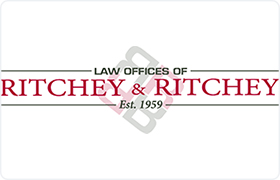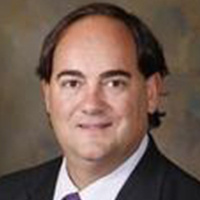Pleasant Grove Trusts Lawyer, Alabama
Sponsored Law Firm
-
 x
x

Click For More Info:
-
Ritchey & Ritchey
1740 Oxmoor Road Birmingham, AL 35209» view mapEstate Planning, Wills & Probate, Elder Law Small Firm Attention. Large Firm Capability.
Ritchey & Ritchey, one of the oldest law firms in Birmingham as well as Alabama, was founded in 1959 on a simple premise: provide clients with guidance and expertise.
205-271-3100
Bradley Wayne Lard
International Tax, Trusts, Estate Planning, Estate
Status: In Good Standing Licensed: 28 Years
Gilbert M. Sullivan Jr.
Wills & Probate, Trusts, Estate Planning, Tax
Status: In Good Standing Licensed: 43 Years
FREE CONSULTATION
CONTACTPhillip James Sarris
Real Estate, Trusts, Wills & Probate
Status: In Good Standing Licensed: 61 Years
 Ferris Ritchey Birmingham, AL
Ferris Ritchey Birmingham, AL Practice AreasExpertise
Practice AreasExpertise
